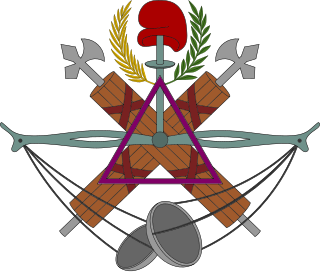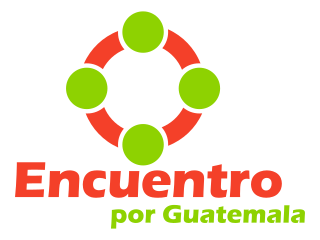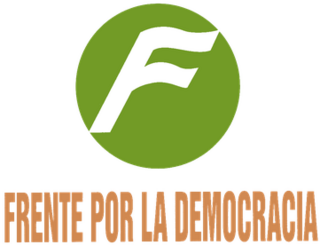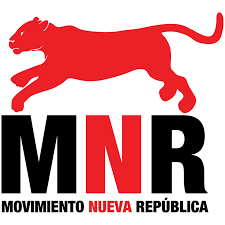
Recreate for Growth was a centre-right political party in Argentina, principally active in the Province of Buenos Aires.

The Socialist Party is a Centre-left political party in Argentina. Founded in 1896, it is one of the oldest still-active parties in Argentina, alongside the Radical Civic Union.

Republican Proposal, usually referred to by its abbreviation PRO, is a political party in Argentina. PRO was formed as an electoral alliance in 2005, but was transformed into a national party in 2010. It is the major component of the Juntos por el Cambio coalition, and its leader is former Argentine president Mauricio Macri, who is the party's president since May 2024.

The Decentralist Social Force Party also known as Social Force was a centre-left, social democratic, Peruvian political party. Founded in 1997 as the Party for Social Democracy, it changed to its current name in 2007 after incorporating members of the CONREDES de Junín Movement and the Cajamarca Social Force movement.

The Radical Republican Party, sometimes shortened to the Radical Party, was a Spanish Radical party in existence between 1908 and 1936. Beginning as a splinter from earlier Radical parties, it initially played a minor role in Spanish parliamentary life, before it came to prominence as one of the leading political forces of the Spanish Republic.

Encuentro por Guatemala ("EG")– a Spanish name variously translated as "Encounter for Guatemala", or as "Together for Guatemala" (Reuters) – was a Guatemalan political party; encuentro may also translate as "gathering", "meeting", or "union".

The Front for Democracy was a political party in Guatemala. In the legislative elections held on 9 September 2007, the party secured 0.91% of the votes in the race for national-list deputies and, save for defections, will have no seats in the 2008-12 Congress.

Winaq is a left-wing political party in Guatemala whose most notable member is Rigoberta Menchú, an ethnic K'iche'. Its roots are in the indigenous communities of Guatemala.

The 2010 Bolivian regional elections were held on 4 April 2010. Departmental and municipal authorities were elected by an electorate of approximately 5 million people. Among the officials elected are:

Movimiento Nueva República (MNR) was a socialist Guatemalan political party, led by former congressman Aníbal García.

The Frente Renovador (FR) is an Argentine Peronist political party. The party is a member of the big tent political coalition Union for the Homeland. In 2019 the party was legally recognized after obtaining definitive legal status in the electoral districts of Buenos Aires Province, Autonomous City of Buenos Aires, Santa Cruz, Tucumán, Santiago del Estero, Santa Fe, La Pampa and Chubut.

Movimiento Semilla is a centre-left, progressive, social-democratic political party in Guatemala. On 14 January 2024, it became Guatemala's governing party following the inauguration of President Bernardo Arévalo.

The National Alfonsinist Movement is a political movement in Argentina with a radical Alfonsinist ideology, founded in 2014 by Leopoldo Moreau a former member of the Radical Civic Union, Gustavo López and Leandro Santoro, who formed as part of the Front for Victory in 2015, Citizen's Unity in 2017, the Frente de Todos in 2019 and the Unión por la Patria in 2023. It integrates the political field of Kirchnerism.

Values for my Country, Values, +Values or More Values, is an Argentinian political party. Globally it is affiliated with the Alternative Right. It was created in 2009 after breaking away from the Republican Proposal party. It is led by the evangelical Cynthia Hotton. He is currently part of the Juntos por el Cambio alliance. It has provisional political personality in the Province of Buenos Aires, San Juan, and in Río Negro.



















